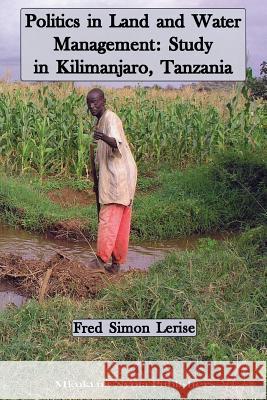Politics in Land and Water Management: Study in Kilimanjaro, Tanzania » książka
Politics in Land and Water Management: Study in Kilimanjaro, Tanzania
ISBN-13: 9789987417292 / Angielski / Miękka / 2005 / 216 str.
Tanzania is famous for its post-independence efforts to effect rural development, as one of the few Africans countries that nationalised and centralised access to and use of land, water and other natural resources. The policies were however broadly unsuccessful: land-use intensification is still low; there is little equity in access to land; disputes over property rights are increasing, whilst concerns about environmental degradation are ever-pressing. Meantime, smallholder agriculture is responsible for some 50% of GDP in Tanzania and improving rural productivity remains central to national development. In attempting to understand the failures of the past and chart a better course for the future, this study traces land-use intensification processes in a village on the slopes of Kilimanjaro over a period of three decades. The author analyses decision-making and interactions between local institutions, donor agencies and central government; and considers laws and procedures on the ground, highlighting how practices were inevitably at variance with the theories. Fred S. Lerise is a Senior Lecturer in the Department of Urban and Rural Planning at the University College of Lands and Architectural Studies, Dar es Salaam.











